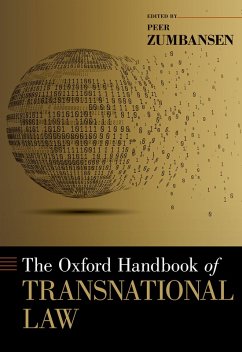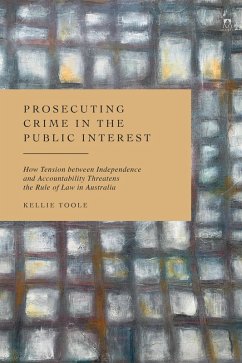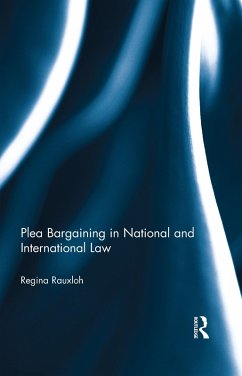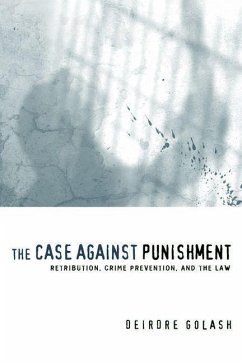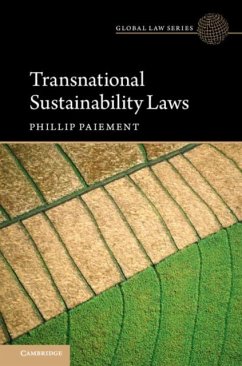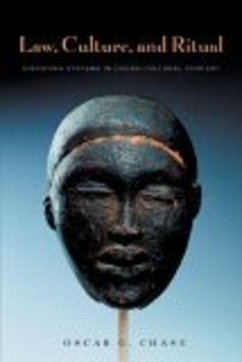
Transnational Torture (eBook, PDF)
Law, Violence, and State Power in the United States and India
Versandkostenfrei!
Sofort per Download lieferbar
98,95 €
inkl. MwSt.
Weitere Ausgaben:

PAYBACK Punkte
49 °P sammeln!
Evidence of torture at Abu Ghraib prison in Iraq and harsh interrogation techniques at Guantanamo Bay beg the question: has the "e;war on terror"e; forced liberal democracies to rethink their policies and laws against torture? Transnational Torture focuses on the legal and political discourses on torture in India and the United States-two common-law based constitutional democracies-to theorize the relationship between law, violence, and state power in liberal democracies.Analyzing about one hundred landmark Supreme Court cases on torture in India and the United States, memos and popula...
Evidence of torture at Abu Ghraib prison in Iraq and harsh interrogation techniques at Guantanamo Bay beg the question: has the "e;war on terror"e; forced liberal democracies to rethink their policies and laws against torture? Transnational Torture focuses on the legal and political discourses on torture in India and the United States-two common-law based constitutional democracies-to theorize the relationship between law, violence, and state power in liberal democracies.Analyzing about one hundred landmark Supreme Court cases on torture in India and the United States, memos and popular imagery of torture, Jinee Lokaneeta compellingly demonstrates that even before recent debates on the use of torture in the war on terror, the laws of interrogation were much more ambivalent about the infliction of excess pain and suffering than most political and legal theorists have acknowledged. Rather than viewing the recent policies on interrogation as anomalous or exceptional, Lokaneeta effectively argues that efforts to accommodate excess violence-a constantly negotiated process-are long standing features of routine interrogations in both the United States and India, concluding that the infliction of excess violence is more central to democratic governance than is acknowledged in western jurisprudence.
Dieser Download kann aus rechtlichen Gründen nur mit Rechnungsadresse in A, B, BG, CY, CZ, D, DK, EW, E, FIN, F, GR, HR, H, IRL, I, LT, L, LR, M, NL, PL, P, R, S, SLO, SK ausgeliefert werden.




